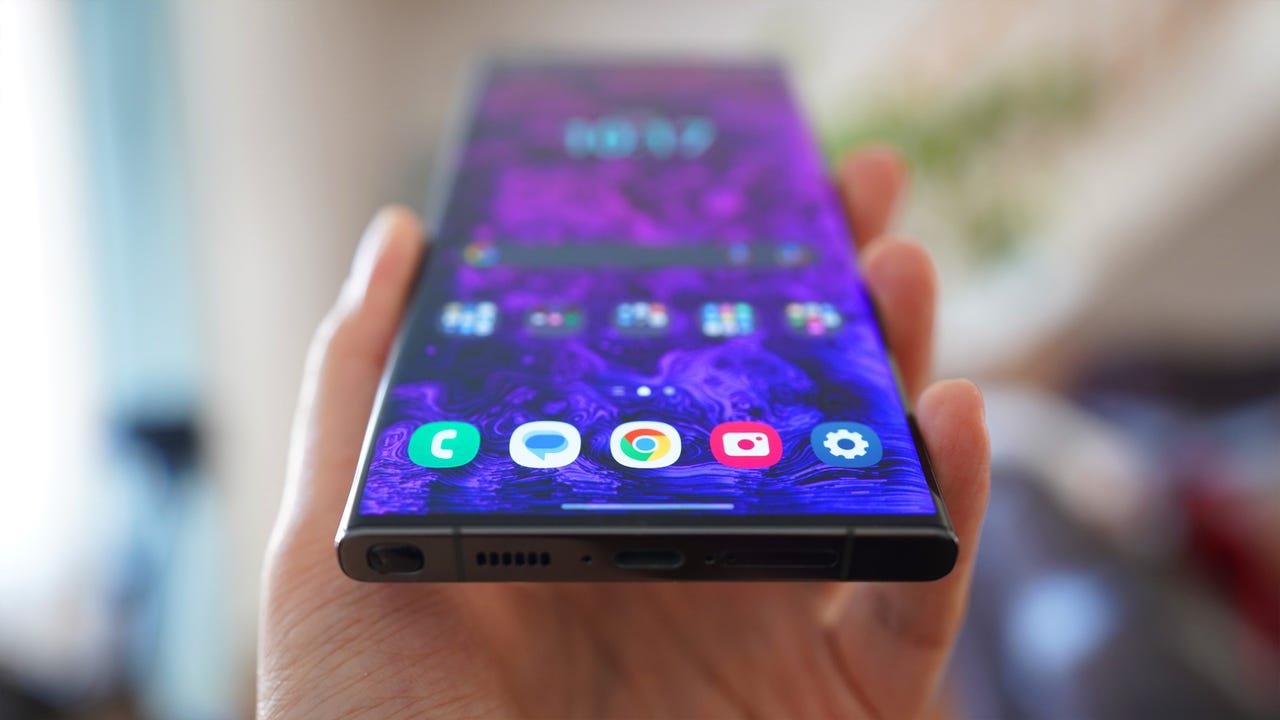Samsung's new ultra-wideband chip gives phones distance measuring down to the centimeter

Samsung on Tuesday unveiled its first ultra-wideband (UWB) chipset, Exynos Connect U100, aimed at short-range communications. The South Korean tech giant says the chipset is just single-digit centimeters in size and can measure as precisely as under five-degree accuracy for sharing precise distance and location information in mobile, automotive, and IoT devices.
Also: Samsung is looking at satellite connectivity for 5G phones
The overarching Exynos Connect brand is also new, and Samsung plans to promote it with its short-range wireless chips that use UWB, Bluetooth, and Wi-Fi technologies.
UWB, as the name suggests, operates over a broad frequency spectrum that allows for fast data transfers at low power over short distances. On top of this, Samsung said it used time of arrival and 3D angle of arrival measurements to make the new Exynos Connect U100 as accurate as possible. This means the chipset is optimal for tracking location in indoor environments where GPS is typically obstructed and unavailable.
The chipset is also useful for AR and VR devices that require precise, real-time tracking of people on the move, Samsung said. To help, the Exynos Connect U100 also comes with radio frequency (RF), baseband, eFlash memory, and power management IP support.
The chipset's power-saving mode also makes it ideal for compact devices such as smart tracking tags that run on batteries, Samsung said, while it has hardware encryption and scrambled timestamp sequence to prevent hacking.
Also: How to find out if an AirTag is tracking you
Exynos Connect U100 is certified by FiRa Consortium, an industry-led non-profit organization that certifies UWB products for conformity to interoperability standards, and digital key standard, Car Connectivity Consortium Digital Key Release 3.0.
